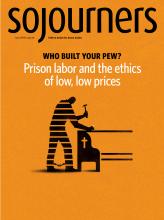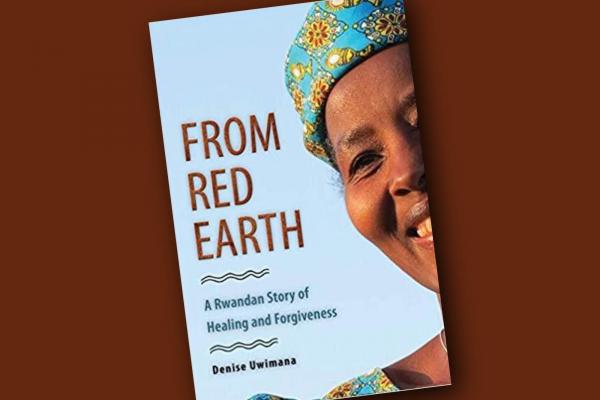“WORKING SHOULDER to shoulder, after sharing our struggles and tears, is forging a powerful bond,” said the woman laboring at my side. “Death once swept our land, but life has its own momentum.” When the fieldwork was done, we built a stable for Theresie, who had shared her hut with a cow. The young people helped, hauling poles and erecting the walls and roof.
Read the Full Article

Already a subscriber? Login
